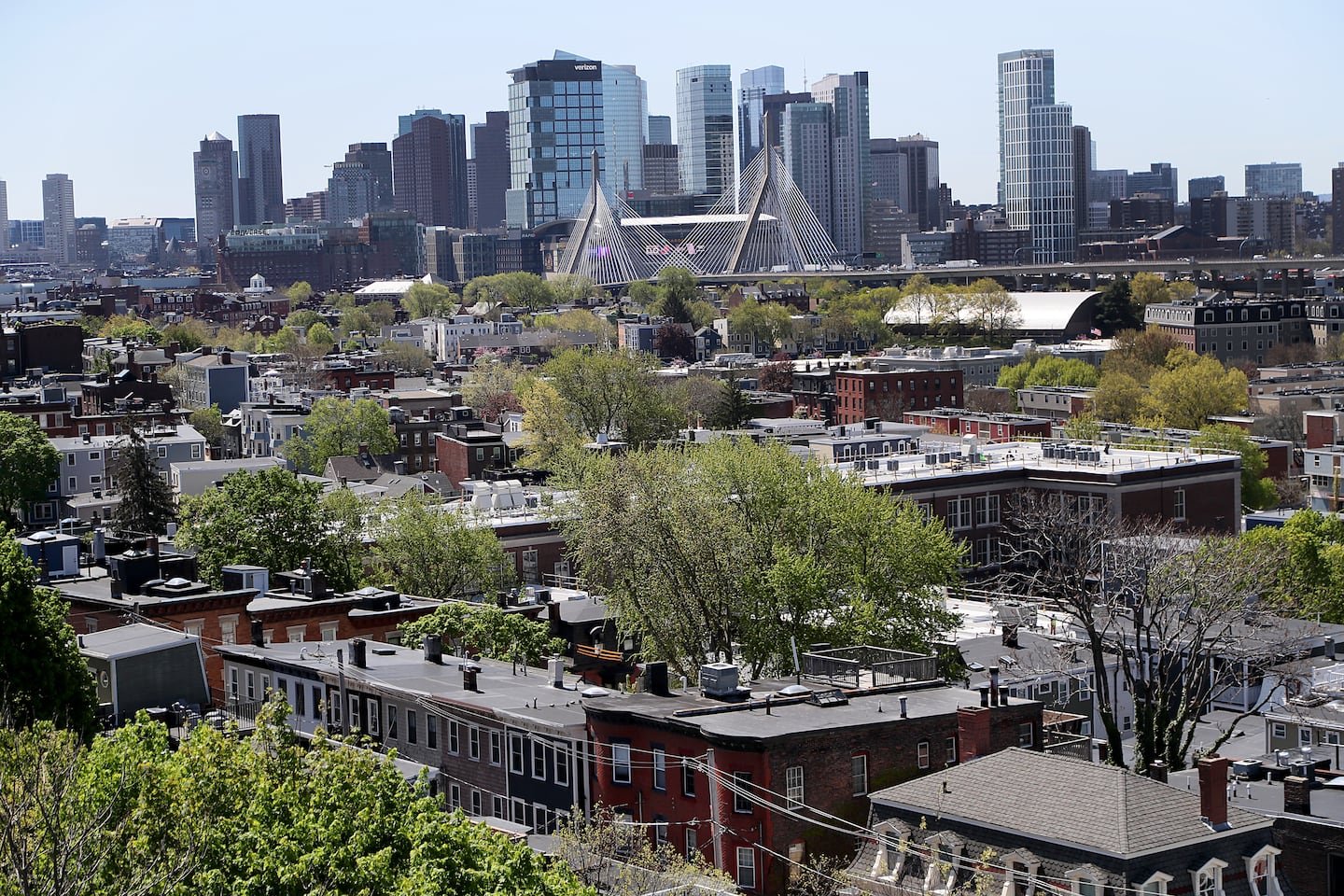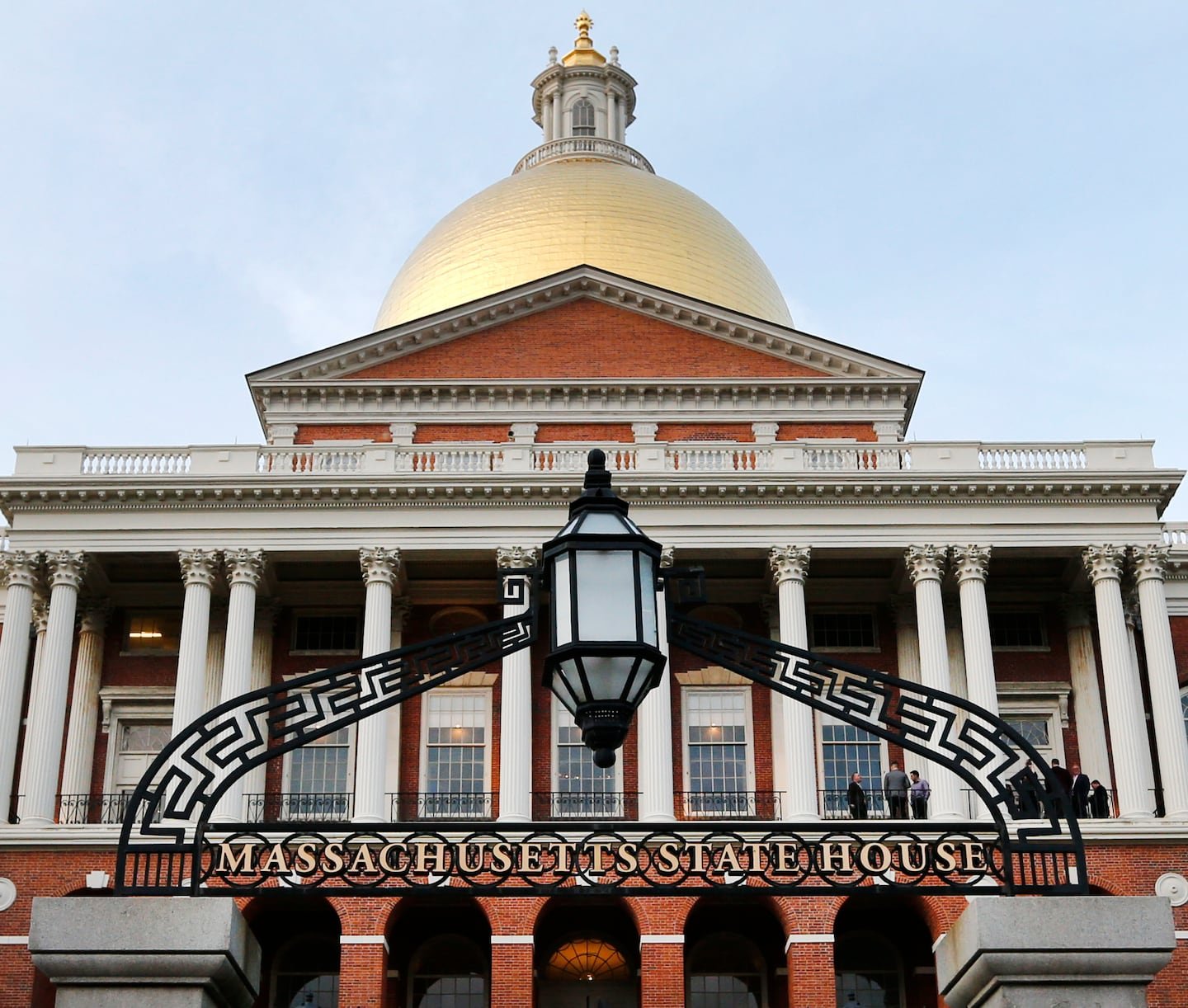I know soooooo many things were different. Menino was a decade into his tenure as mayor, so he had built relationships with then-House Speaker Tom Finneran and then-Senate President Bob Travaglini, both from Boston.
Menino was famously pro-development, so despite the squawking, developers felt the mayor would do right by the business community — and he ultimately did.
Crucially, the mayor also tightened his own belt during the economic downturn by constraining his budget and eliminating hundreds of positions at City Hall.
None of that is true today. Wu is only three years into her tenure as mayor. She ran on an agenda to control development and raised this year’s budget by 8 percent, despite projections of declining property tax collections.
Property taxes fund three-quarters of the city budget. Commercial properties, which are taxed at more than the twice the residential rate, account for most of the revenue.
So where I am going with all of this?
It’s time to face reality. The city could experience a drop of hundreds of millions dollars in commercial property values annually as commercial real estate values decline amid work-from-home policies that have emptied office buildings.
Property taxes are based on property values, so as commercial values fall and residential values rise, homeowners could end up shouldering a bigger share of the burden starting in 2025 if the city wants to maintain a $4.3 billion budget.

Wu’s biggest misstep was getting into a public spat with the Senate and giving the impression that everyone was onboard with a deal she engineered with the House.
Admittedly, it was complicated: The Legislature would pass the city’s home-rule petition as is, and then Wu would issue an executive order to modify the tax plan to limit the scope and duration of the shift onto commercial property tax rates to three years.
She would also set aside up to $15 million in the city budget during each of those years to help small businesses harmed by the tax increase. That’s because many leases require tenants to pay their share of the property taxes. Restaurants, barber shops, and coffee shops would feel the squeeze as much as big building owners.
This seems more business-friendly than the first proposal, but Wu can do more to ease the Senate’s concerns about hurting development. She can bring back an idea floated last September — giving a tax break to help jumpstart construction of stalled housing projects.
Property tax collections grow when new buildings get built. High interest rates have slowed the pipeline of new projects, and Wu’s policies haven’t helped.
“It’s not a tax crisis, it’s a revenue crisis,” observed Bruce Percelay, who owns and manages about 2,000 apartments in Boston. “Rather than expend enormous amount of energy on trying to deal with who is going to absorb the tax burden, the efforts should be directed towards creating a pro-business, pro-development environment that will generate income for the city.”
It took Menino until December 2003 to get his tax deal. He earned the support of Travaglini, then-Governor Mitt Romney, and even got some prominent developers to come around. Finneran held out — until Menino sent residents estimated tax bills with an average increase of $800 and blamed the Legislature.
Wu seems to be using the same playbook. She has already gone on the radio warning about a double-digit residential tax increases. But, Travaglini recalls, the key to Menino’s success wasn’t the tax bill gambit, but rather the relationships he forged in the State House and his willingness to strike a deal.
“The ability to reach an agreement is always there,” said Travaglini, who is now a lobbyist. “We did health care, we did same-sex marriage, we did stem cell research … We did things far more complicated than a Boston property tax bill.”
Wu can still make this right. So can Spilka. Nothing is really dead in the Legislature. If there’s a will, there’s a way.
It’s a good sign Wu and Spilka spoke last week. “The Senate President remains open to continuing conversations with the City of Boston and other stakeholders,” according to a Spilka spokesperson.
Wu is running for a second term in 2025, so she and her allies will do everything in their power to make sure residents aren’t stuck with outsized tax bills in an election year. Spilka wants a soccer stadium in Everett for the New England Revolution. Wu can pave the way for a deal by signaling her support for the project.
Maybe they all need to get on a conference call with Revolution owner Robert Kraft.
Wu needs to figure how she can bring everyone along at the State House, the City Council, and the business community. It will require hitting the reset button, and the timing could be right this fall as the city gets fresh property assessments. That will give the administration a better sense of how much the commercial real estate market has floundered.
Boston’s looming property tax problem is too big to ignore. The clock is ticking for another December miracle.

———-
Shirley Leung is a Business columnist and host of the Globe Opinion podcast “Say More with Shirley Leung.” Find the podcast on Apple, Spotify, and globe.com/saymore. Follow her on Threads @shirley02186
Shirley Leung is a Business columnist. She can be reached at shirley.leung@globe.com.

